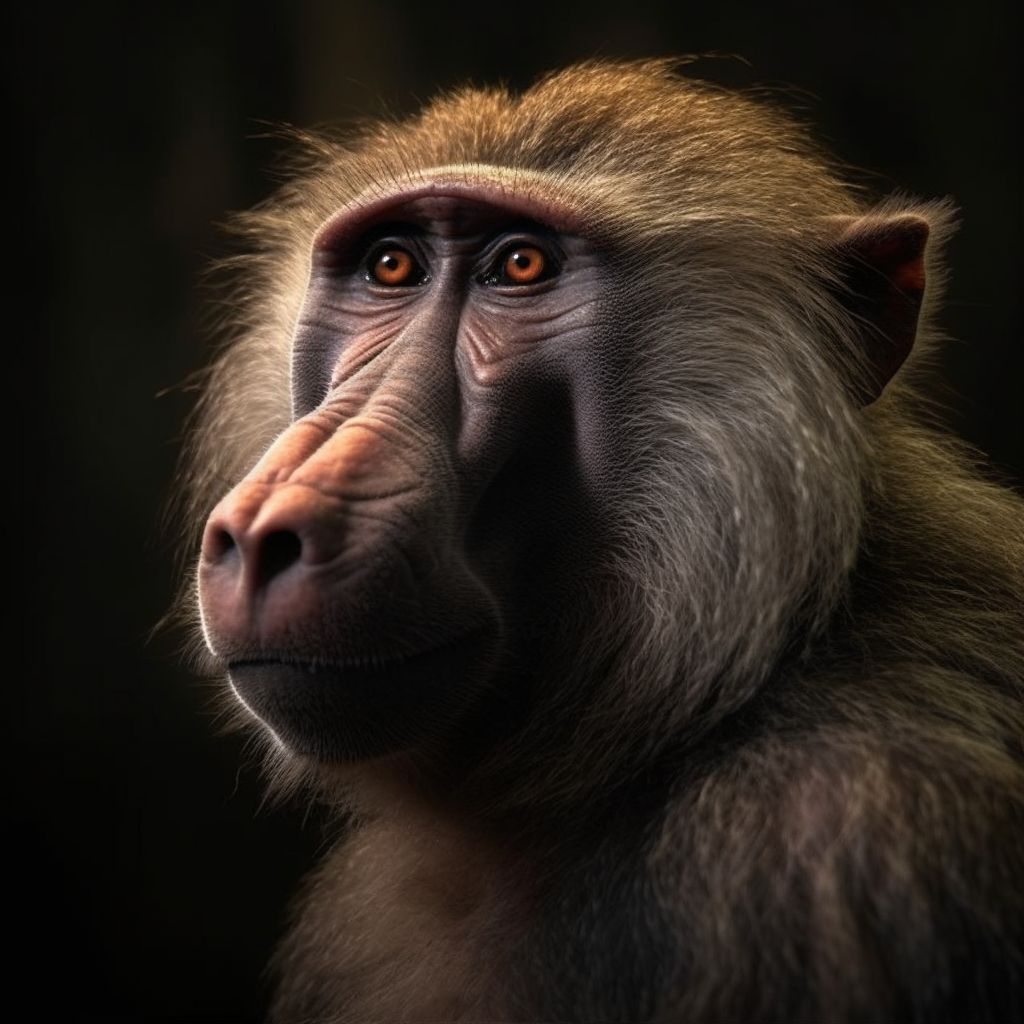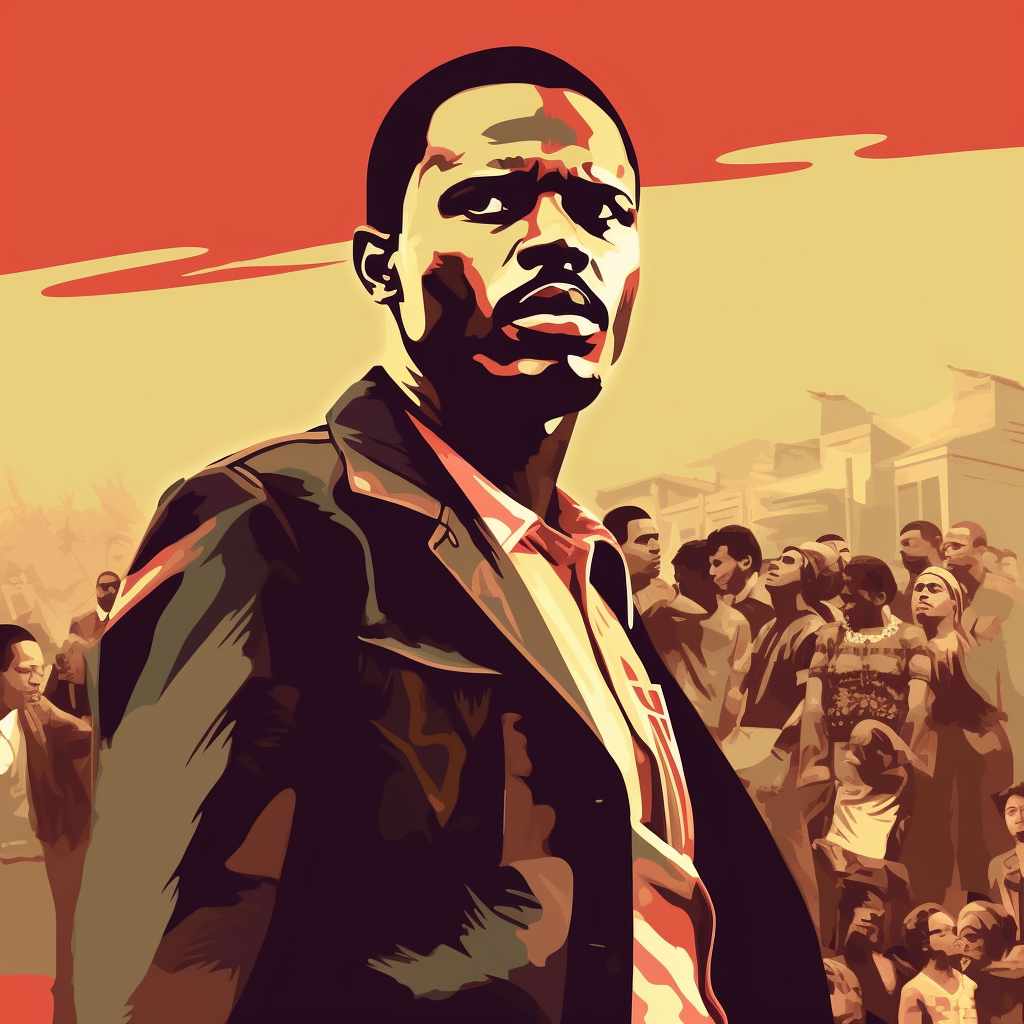Lists and Curiosities
The Dark Side of South African History: 6 Bone-Chilling Tales You’ve Never Heard
Uncover the chilling and lesser-known stories from South Africa's dark history with this 6 bone-chilling tales.
Advertisement
Despite the fascinating nature and cultural diversity, the history of South Africa has many injustices and atrocities that occurred during its history, mainly in the apartheid period.
While the fight against oppression and racial segregation is well known, there are dark stories that many are unaware of, stories that depict a dark and disturbing side of South Africa.

Get ready to explore six chilling stories that are rarely heard, stories ranging from mass massacres to the brutal murders of civil rights leaders. You’ll find out about the Sharpeville massacre and Nelson Mandela’s arrest on Robben Island.

South Africa’s Quirky Wildlife: 8 Extraordinary…
Discover the incredible wildlife of South Africa, as we introduce you to 8 extraordinary creatures that will leave you in awe.
Discover South Africa’s dark side with these stories of horror and tragedy that are often overlooked. In this article, we will explore six bone-chilling tales from South Africa, stories that are sure to send shivers down your spine.
The Sharpeville Massacre
In 1960, South African police opened fire on peaceful demonstrators in Sharpeville, killing 69 people and injuring 180 others. The massacre is considered one of the darkest moments in South African history and a turning point in the movement anti-apartheid.
You will be redirected to another website
Nelson Mandela Prison on Robben Island
Nelson Mandela Prison on Robben Island holds a significant place in history as the place where the renowned anti-apartheid leader, Nelson Mandela, was imprisoned for 18 years. There, he was subjected to inhumane conditions and psychological torture, in an attempt to break his spirit and undermine his fight for racial equality. Explore the significance of this iconic site and learn about Mandela’s resilience, the struggle against apartheid, and the triumph of freedom and justice.
The Case of the “Stolen Babies”
One of the most disturbing stories from South Africa’s past is the case of the “stolen babies”. During apartheid, many black South African mothers had their children stolen by white authorities and given up for adoption by white families.
Many of these babies were taken without their mothers’ consent and were never seen or found again.
Today, many of the stolen babies are still searching for their biological families, while others have found each other and formed support groups to help them deal with the trauma of their past.
The Assassination of Steve Biko
In 1977, anti-apartheid activist Steve Biko was arrested and beaten to death by South African authorities. The murder of Biko, a charismatic leader of the black resistance movement, sparked protests around the world and increased international pressure on the South African government.

Biko’s death remains a powerful symbol of the ongoing struggle for justice and human rights in South Africa.
Today, Biko is remembered as a hero and a champion of human dignity and equality. His legacy lives on in the ongoing struggle for justice and the fight against all forms of oppression and discrimination.
The Case of the “Death Trains”
The “Death Trains” of South Africa is a harrowing tale that dates back to the early 20th century. Many black South Africans were forced to leave their homes and move to areas designated by the government, known as “townships”.
To make this mass transfer, the South African government used overcrowded unsafe trains, which became known as “death trains”.
Many workers died on these trains due to the harsh conditions, lack of food, and inadequate medical care. The dead bodies were often left on the train for hours or even days, with other passengers forced to share the same cramped space with the rotting corpses.
The Marikana Massacre
In 2012, South African police opened fire on striking miners at the Marikana platinum mine, killing 34 people and injuring 78 others. The massacre is considered one of the bloodiest events in recent South African history.
The incident led to a government inquiry, which found that the police had used excessive force and had acted in a reckless and negligent manner.
Despite this, no one has been held accountable for the deaths of the miners, and their families continue to demand justice.
About the author / Iana Power
Trending Topics

Apply at Volvo – Jobs that can pay you more than R 10 000 per month!
Volvo is a terrific company to work for because it has a long history and is so large. Learn how to apply for it right away!
Keep Reading
Apply at VKB – Market-related compensations and Performance-based incentives!
Apply for VBK if you're seeking for a business with a track record and that cares about its employees' welfare!
Keep Reading
Apply to Coca-Cola: Earn more than R 10 000 per month on average!
One of the most well-known businesses in the world is Coca-Cola. See the information about applying to work for them.
Keep ReadingYou may also like

Standard Bank Diners Club Beyond Credit card Full review!
If you are a person who likes to get out of the routine quite often, the benefits of this credit card might be very good for you!
Keep Reading
Ford worker review – Up to $153,441 per year in some positions!
Ford is one of the oldest and most influential companies in the world, and this worker review wants to show all the benefits they offer!
Keep Reading
Why you should apply for a course about Elements of AI
AI is a very important area that is constantly growing and is showing signs to keep growing. So, you better begin to understand it.
Keep Reading